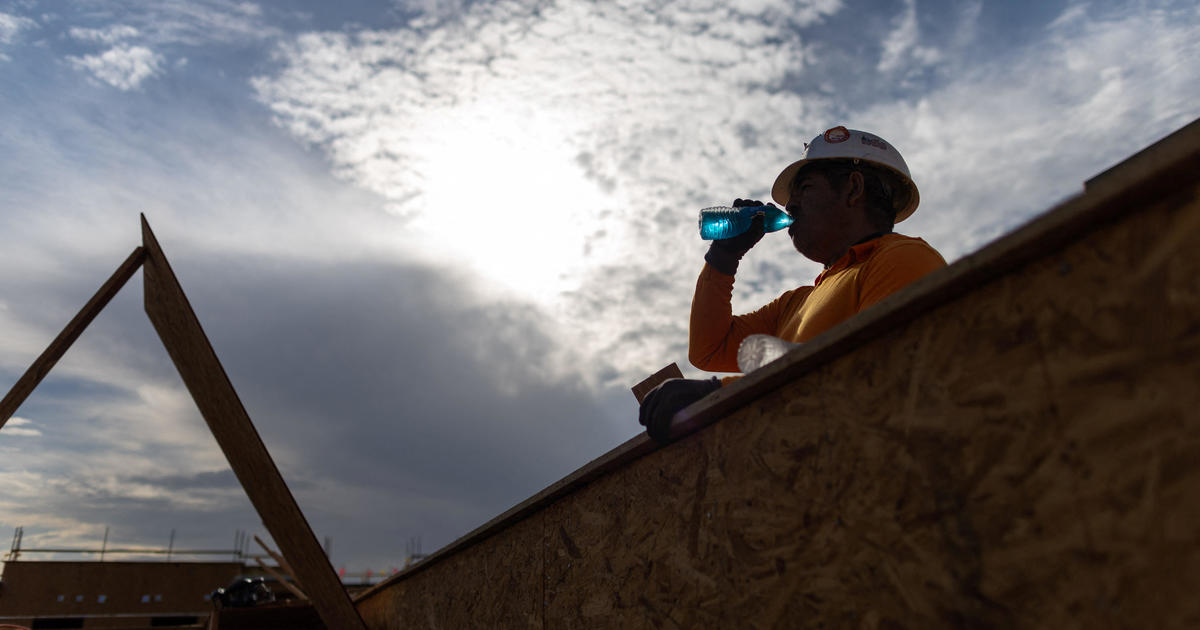World Wildlife Fund chief: How people produce food is destroying the planet
The World Wildlife Fund wants people to rethink what's on their plate. "If you compare the planet to a company, it is in the red, and this is something that should worry everyone."
That's the sober message from Marco Lambertini, director general of WWF International. Soon, there won't be enough land and resources "to support the wasteful way we produce food today," he told CBS MoneyWatch at the World Economic Forum in Davos, Switzerland.
While most people probably don't realize how what they eat affects the environment, that mindset must change if the nations of the world are to feed their growing populations, Lambertini said.
Government, businesses and consumers must realize that the current food production model is unsustainable, said Lambertini, who started his nearly three decade-long career in conservation as a youth volunteer with WWF. Before being named to lead the organization in 2014, he was chief executive of conservation group BirdLife International.
Global food production today consumes 70 percent of fresh water and creates more than 30 percent of carbon dioxide emissions. Lambertini also said that commercial fisheries are overfishing, killing as many as 10 kilos of sea creatures for each kilo of fish caught for seafood.
"This is a completely wasteful approach that we cannot afford anymore," he said, adding that food production challenges will only increase given that the global population is projected to grow by more than 2 billion in the next quarter of a century or so.
WWF is a 50-year-old global conservation group devoted to protecting the environment. At this year's confab in Davos, where the theme is "creating a shared future in a fractured world," the organization is stressing the importance of biodiversity, improving the health of oceans, and and transforming food production.
Unprecedented pressures by humans is altering the earth is profound ways, Lambertini said, including acidification of oceans, deforestation and biodiversity loss. Yet those problems are not yet triggering the response that is needed," in his view.
Another threat revolves around modern beef production, which is an inefficient way to produce protein in terms of emissions created, water used and resulting deforestation. Among the possible solutions are technologies and other sources of protein, such as seaweeds and insects.
Technology that maximizes the use of water, and changing how humans consume protein provide some of the answers, Lambertini said.



